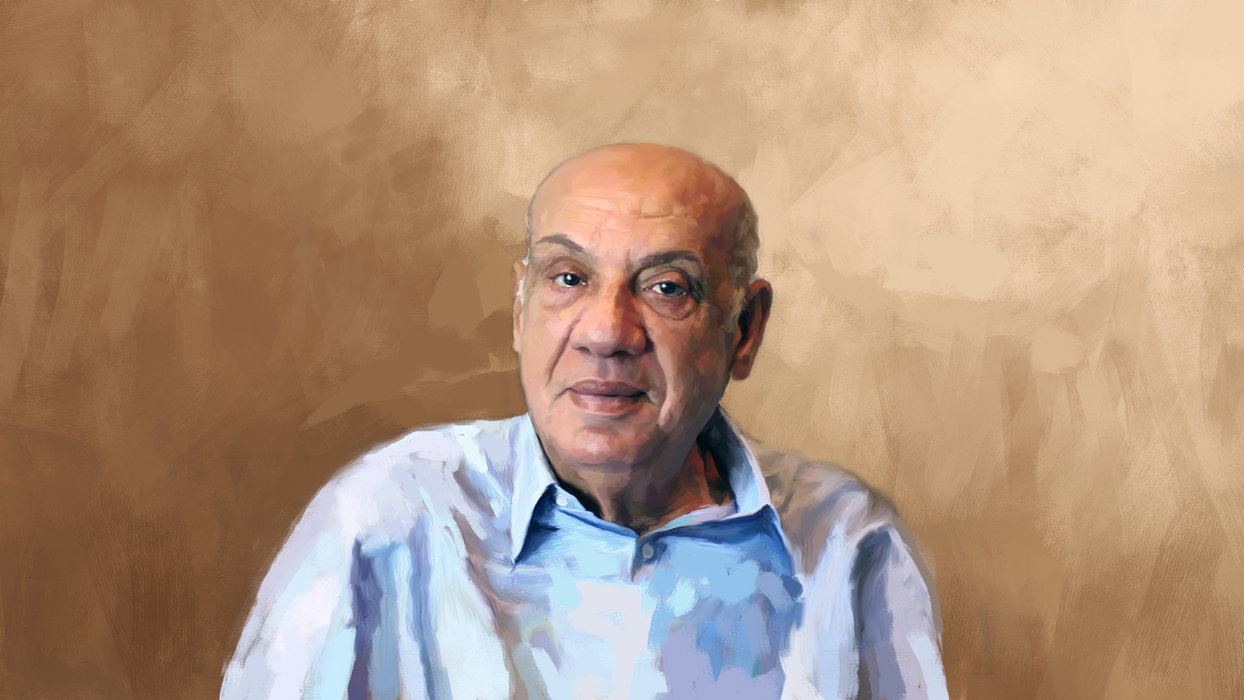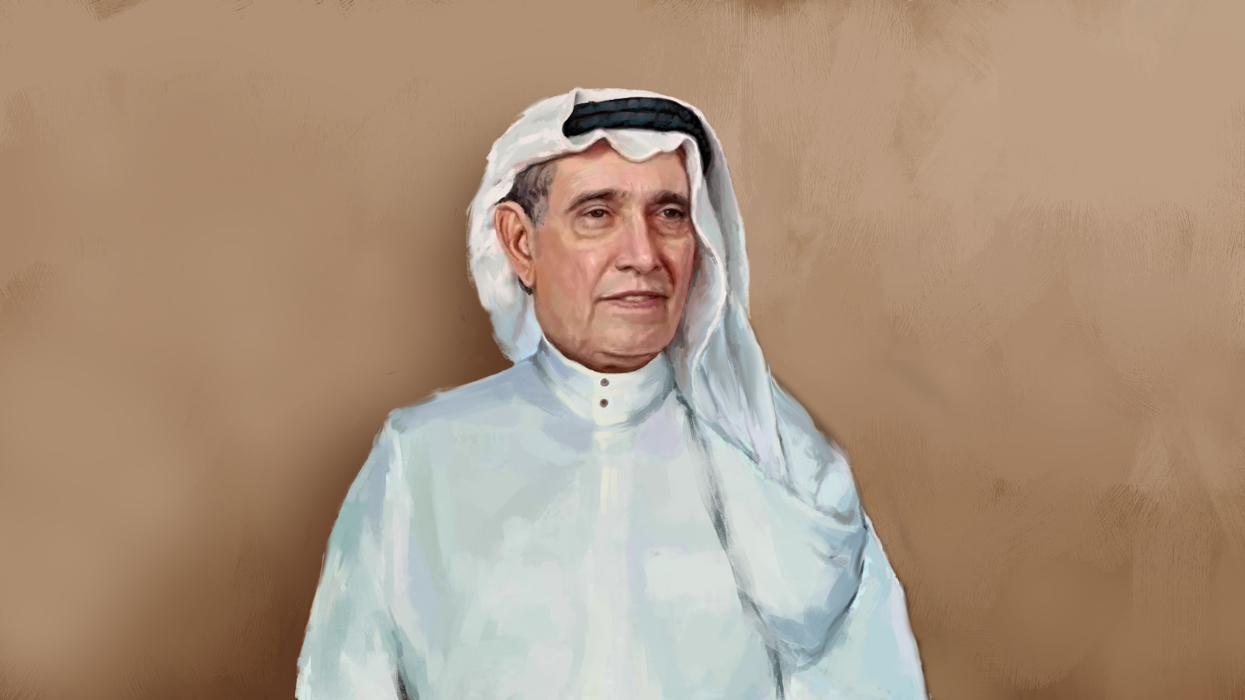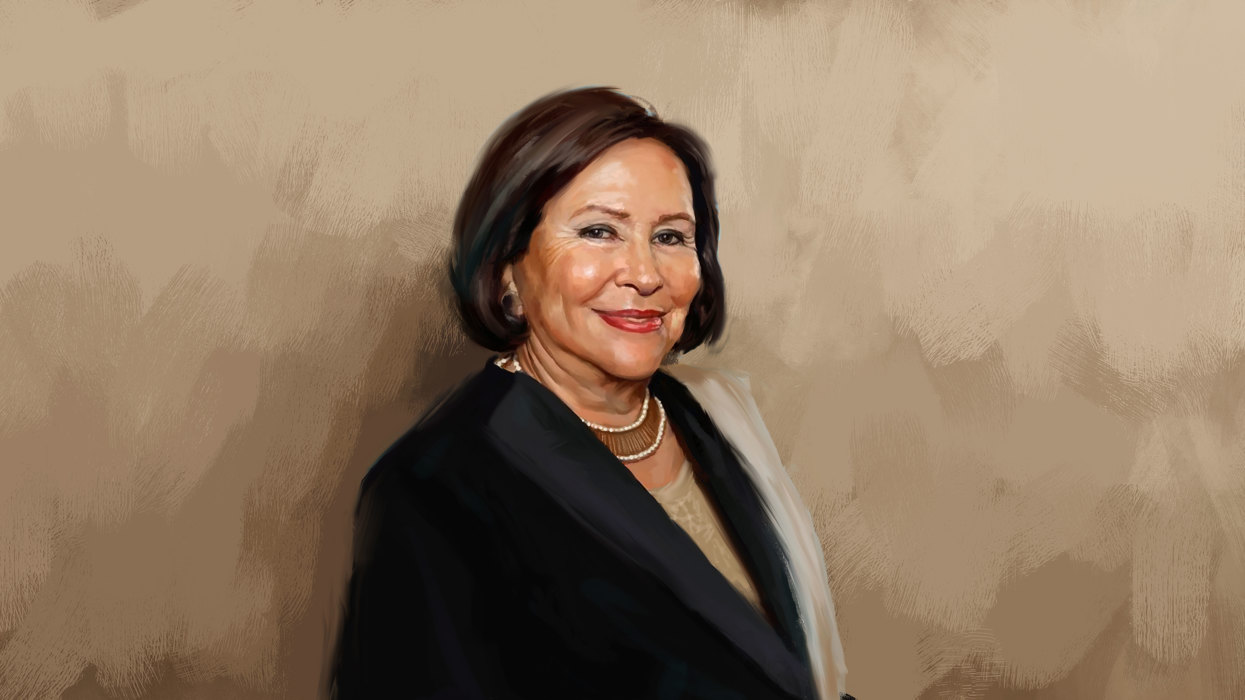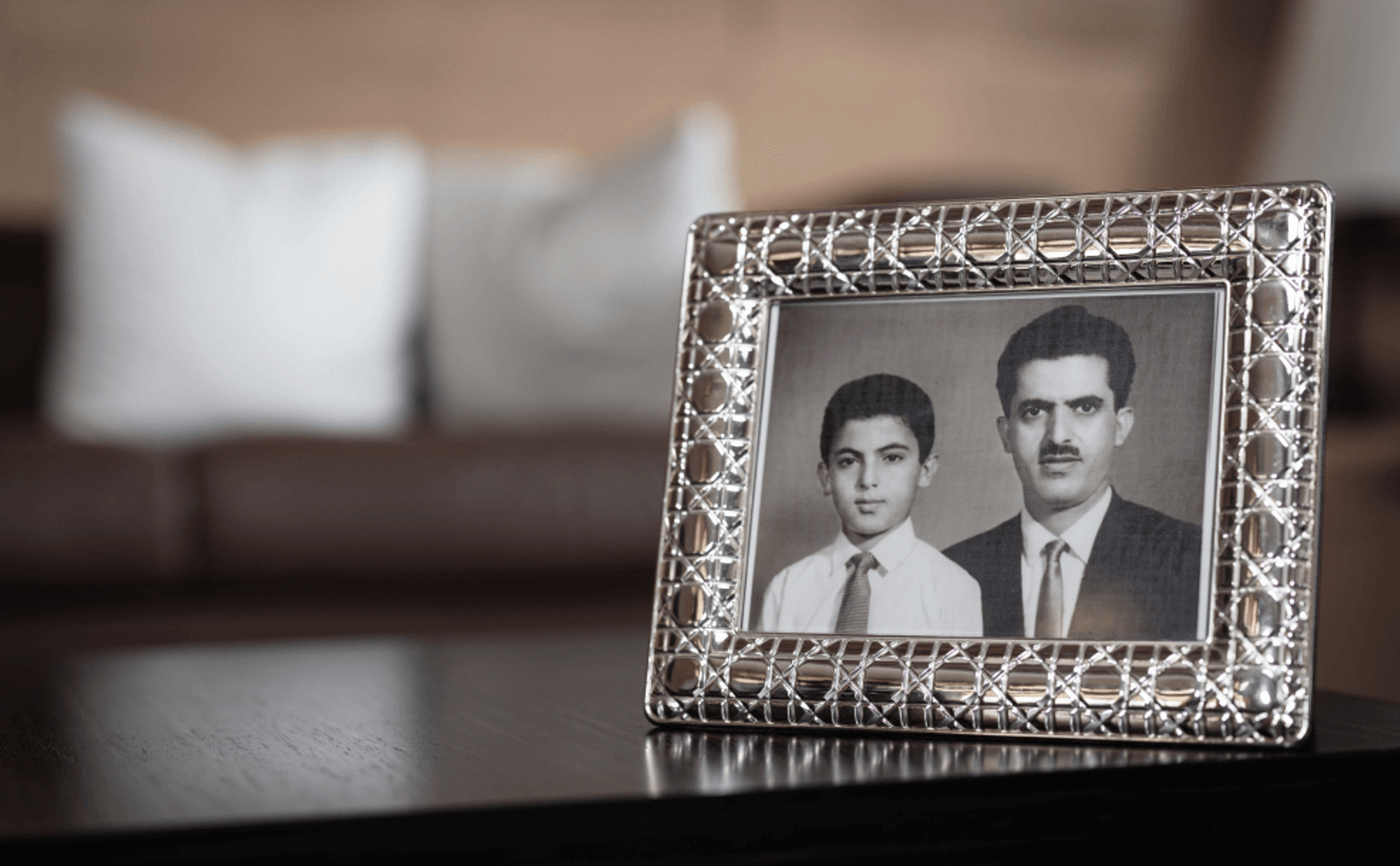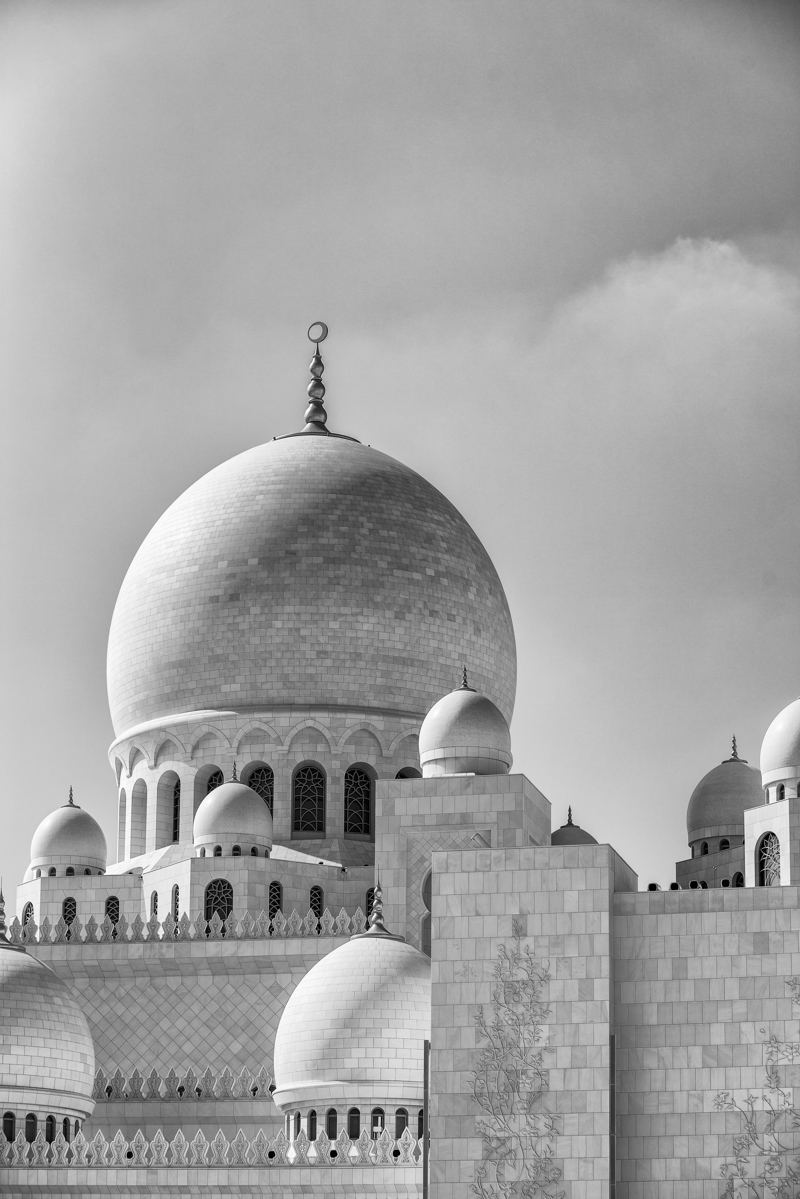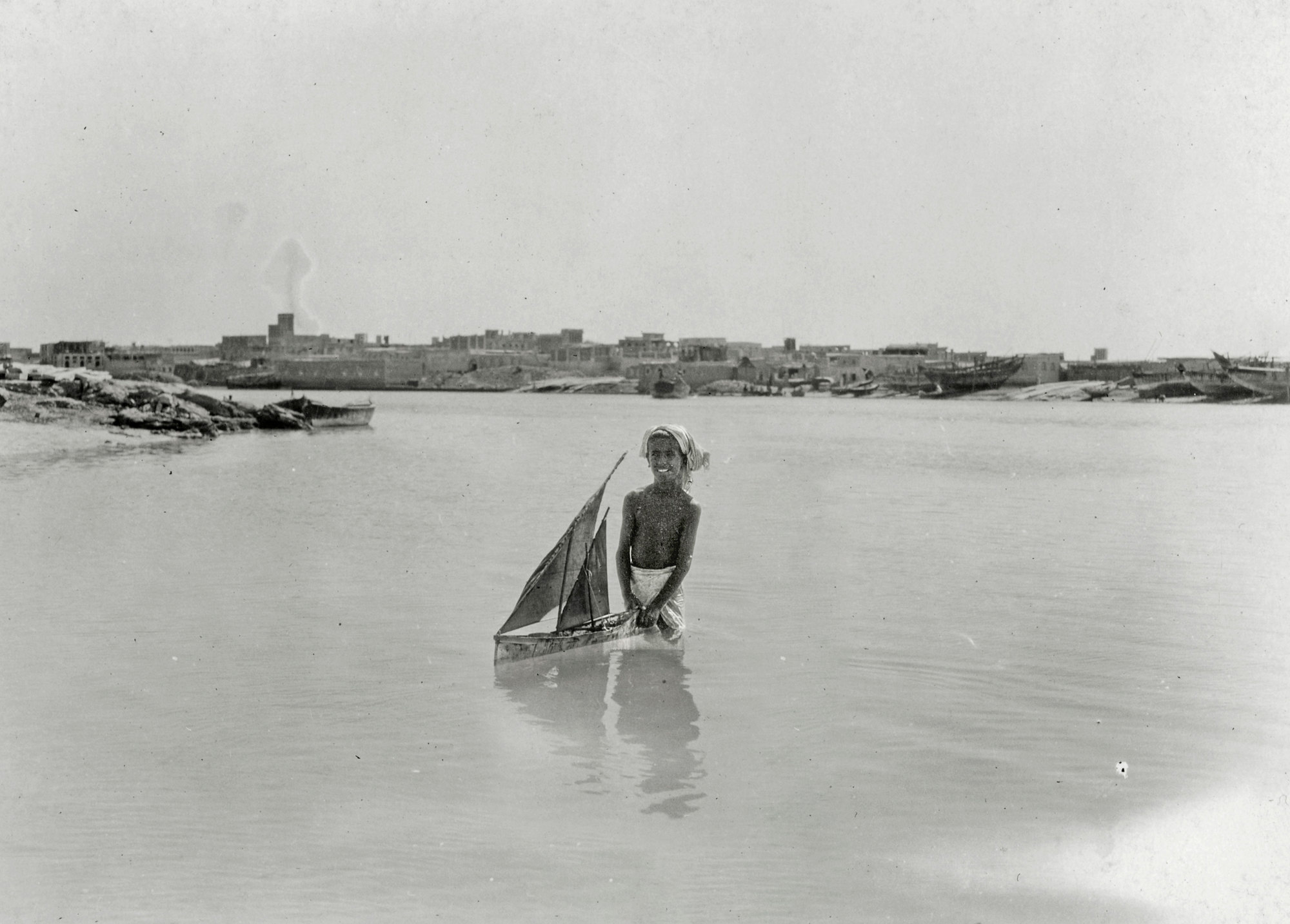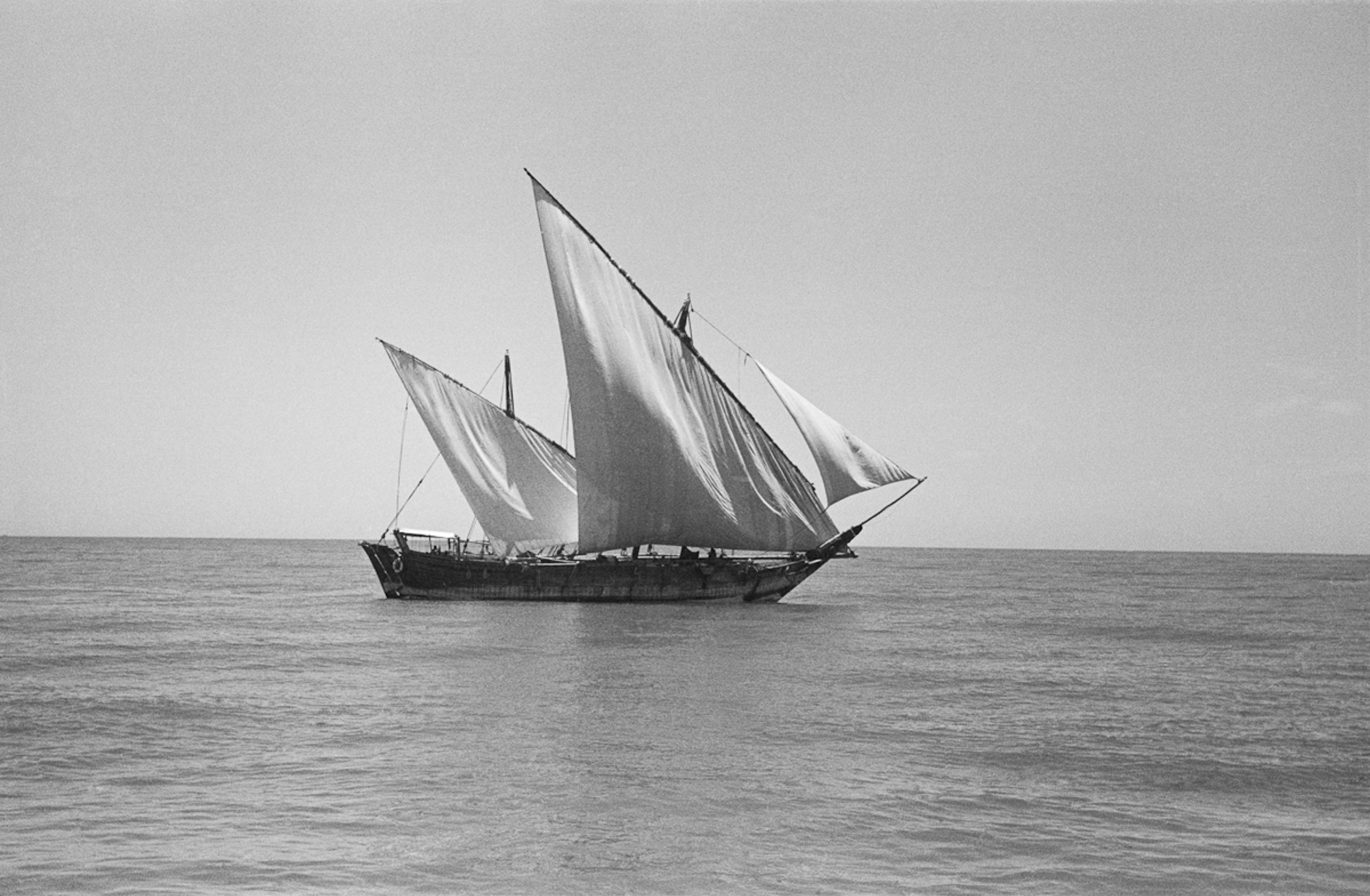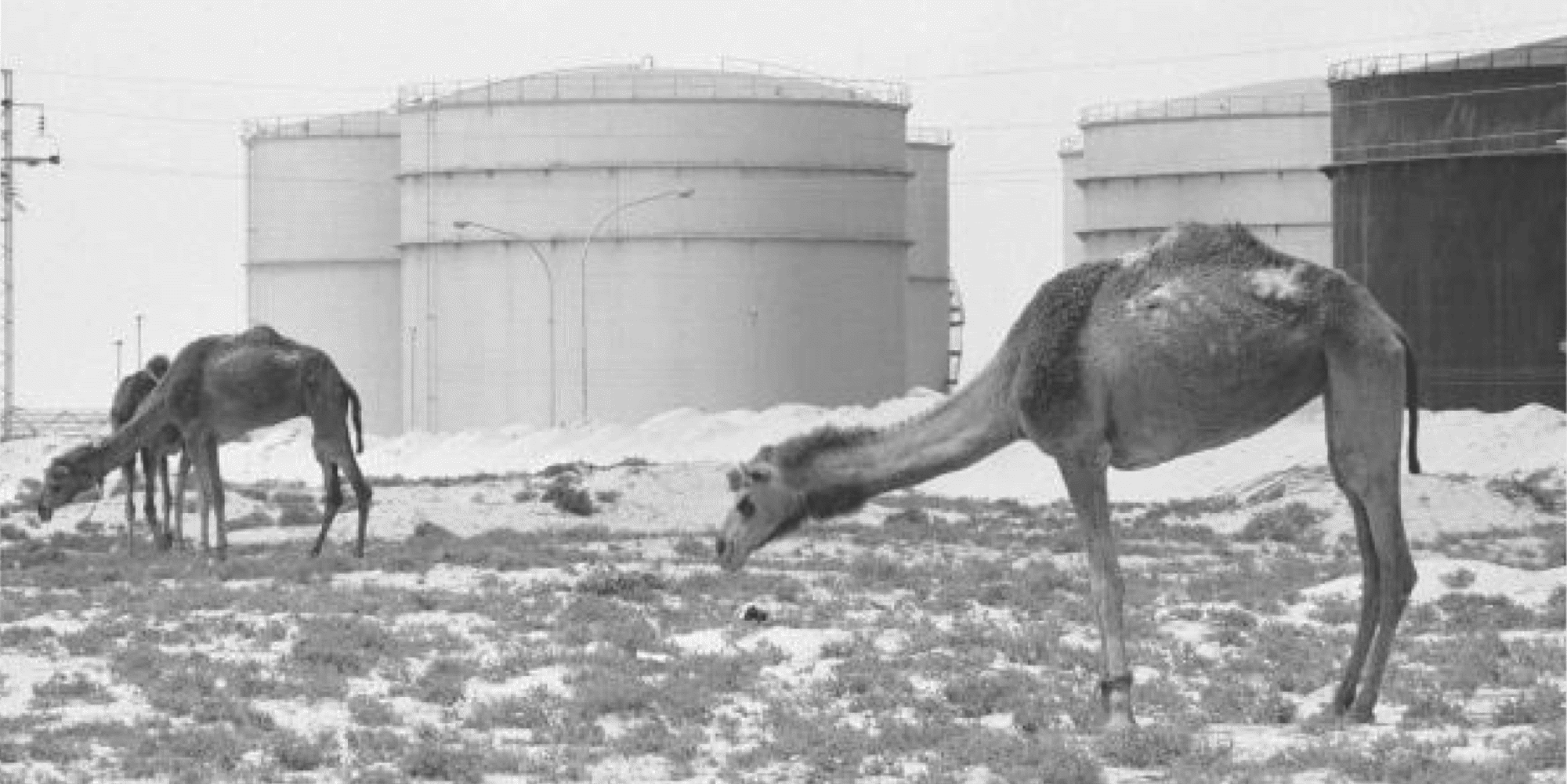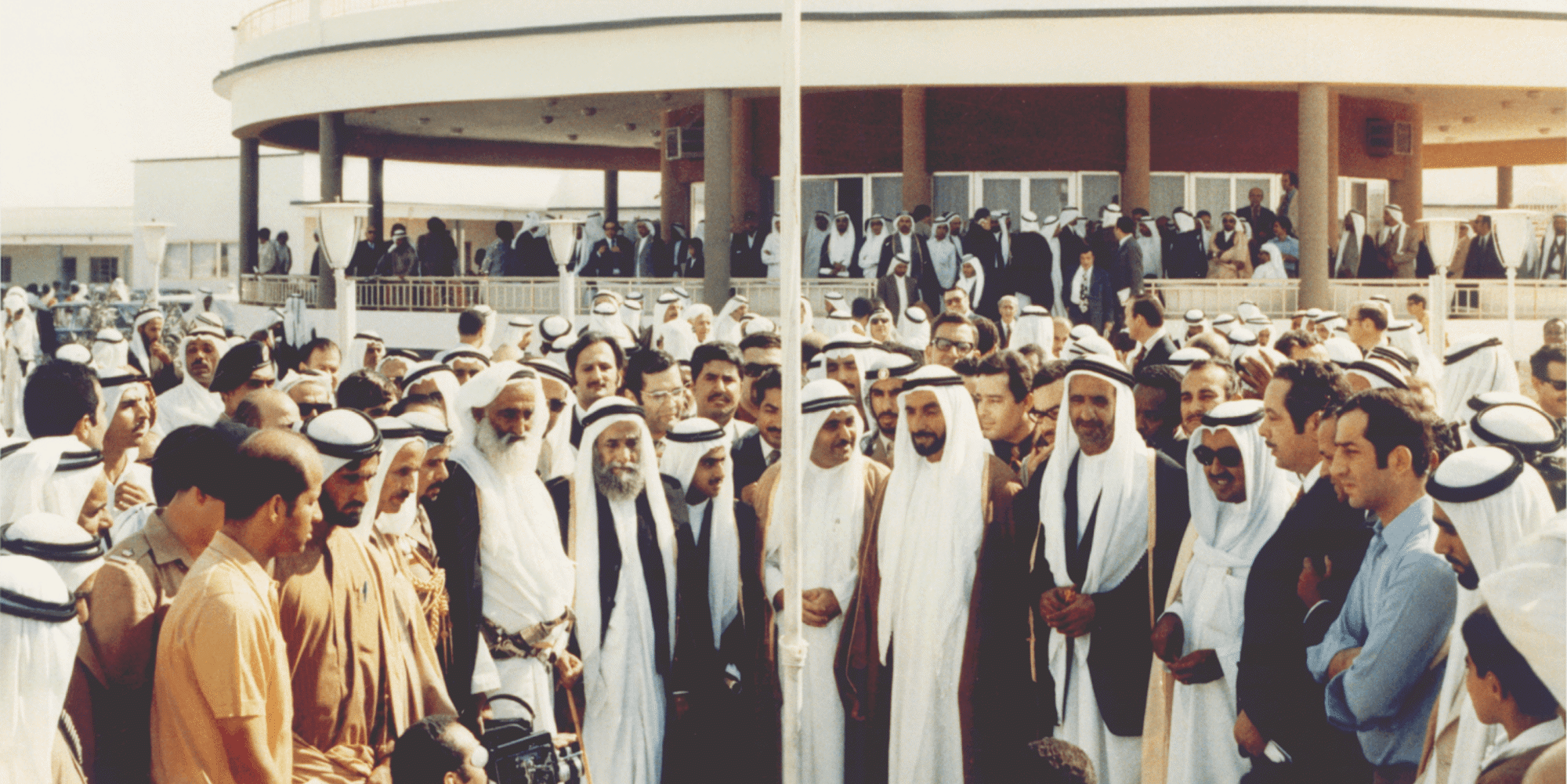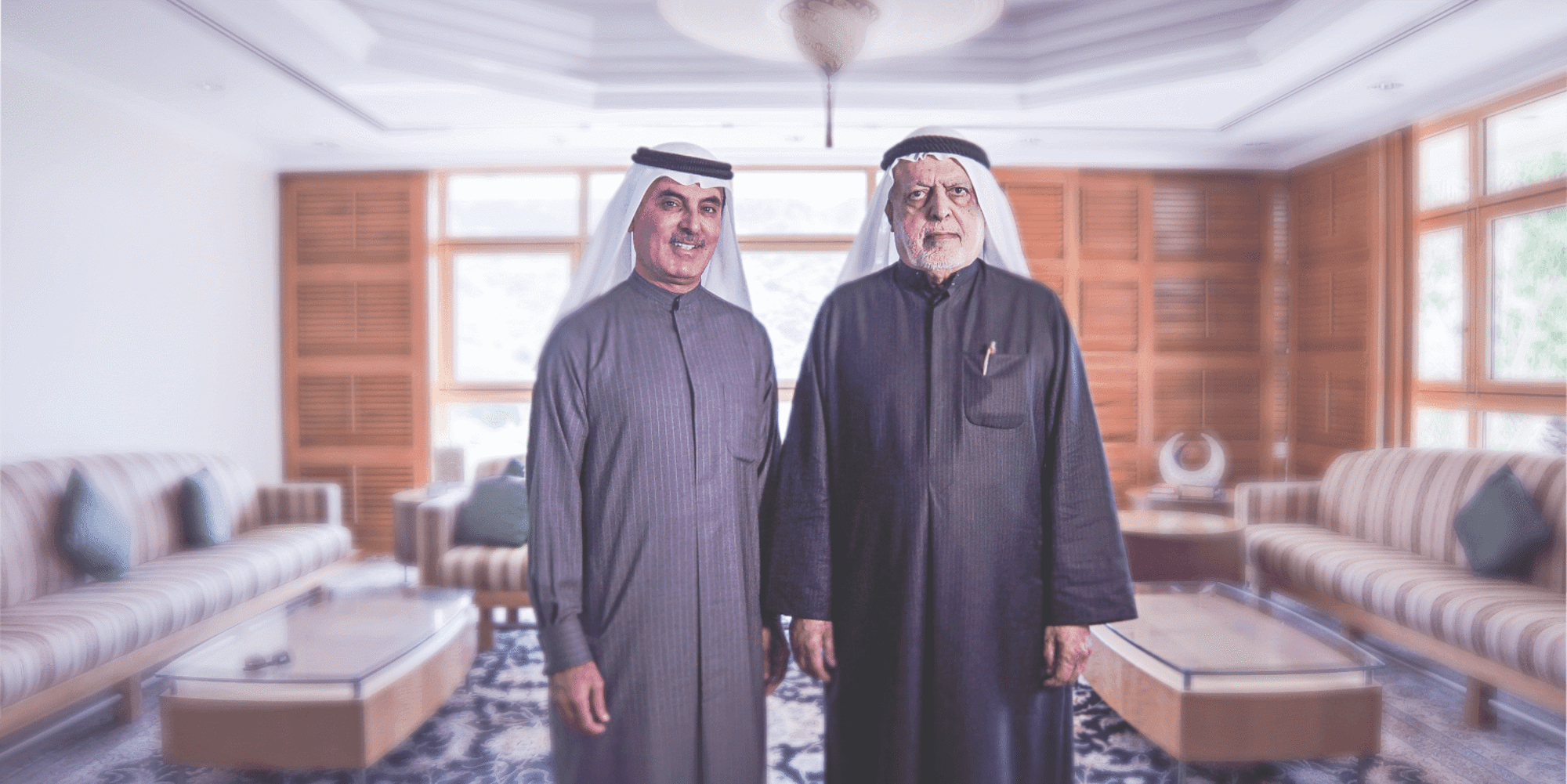Zakat is a pillar of Islam that obliges observant Muslims to give 2.5 percent of the total value of their wealth each year to the less fortunate.In some Islamic countries, including Indonesia and Saudi Arabia, Zakat is collected by the state. Elsewhere, Muslims can choose to donate funds to the mosque, to charities, or directly to needy individuals. Voluntary charity beyond the 2.5 percent is referred to as Sadaqah.
Alleviating hunger, poverty and inequality, promoting peace and protecting the environment are central to the core Islamic principles known as the Maqasid Shariah. The Quran identifies eight categories of eligible use for Zakat, including helping the poor and needy, refugees and displaced people and liberating those in bondage. An underlying philosophy of Zakat embodies socially responsible development and promotes self-reliance among its recipients. The true value of global Zakat is unknown but is estimated to be anywhere between US$200bn to US$1trillion, according to a UNDP estimate.
Abdulla's faith was a key driver in his giving and his adherence to the values and responsibilities of Islam was part of what inspired him to establish one of the UAE's first, and the region's largest philanthropic foundations.
